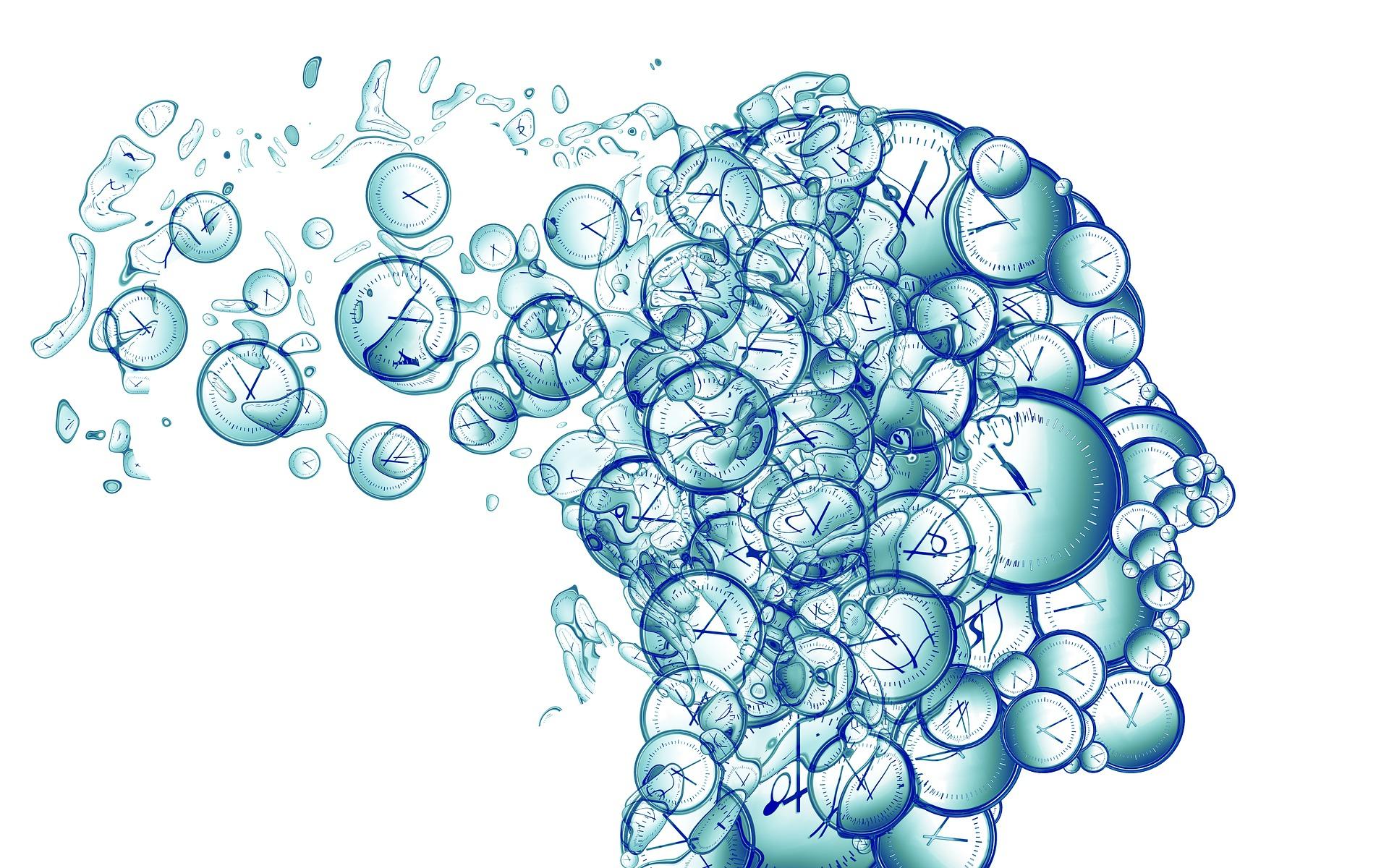In recent years, society has increasingly recognized the importance of mental health awareness. Yet, while conversations around mental health have become more common, there remains a lingering stigma that keeps many people from seeking help. Mental health issues can affect anyone, regardless of age, gender, or socioeconomic background. They impact not only individuals but also families, communities, and society at large. Addressing mental health with the same seriousness as physical health is crucial for creating a healthier, more understanding, and more inclusive world. Here few reasons why mental health awareness is so important.
Reducing Stigma and Misconceptions
One of the primary reasons mental health awareness is crucial is to combat the stigma surrounding mental illness. Negative stereotypes about mental illness can lead to discrimination, shame, and even social isolation for those who are affected. When people are ashamed of their mental health struggles, they are less likely to seek treatment or support. Public awareness campaigns, open discussions, and educational efforts can dismantle these misconceptions and encourage a more empathetic view. Mental health awareness can normalize the conversation, making it easier for people to acknowledge their challenges without fear of judgment.
Improving Access to Mental Health Resources
When society prioritizes mental health awareness, it often translates into increased funding and support for mental health resources and services. Awareness can lead to more resources being dedicated to mental health research, improving treatment options, and expanding access to mental health professionals. It can also lead to insurance reforms, making mental health services more affordable and accessible for those who need them. The more we acknowledge and discuss mental health as an essential part of overall health, the more likely it is that resources will become available to support those affected.
Promoting Healthier Relationships
Mental health issues can strain personal relationships, creating challenges in communication, empathy, and understanding. When people are aware of the potential mental health struggles their loved ones might be experiencing, they are more likely to approach these relationships with patience and empathy. Awareness encourages family members, friends, and colleagues to educate themselves, making it easier to offer support rather than passing judgment. This can lead to stronger, healthier relationships, as people feel more understood and less isolated.





0 Comments